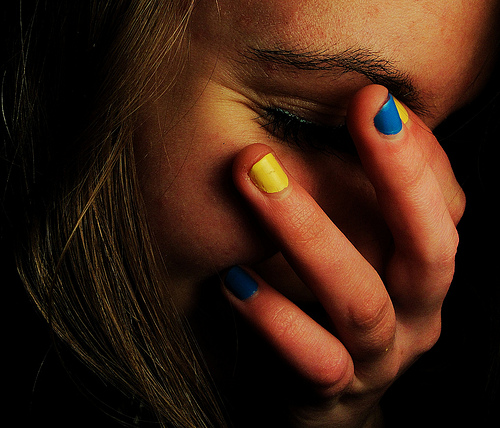 Paruresis (also called “shy bladder syndrome”) is not an anxiety disorder that most people are familiar with. While many have heard of generalized anxiety disorder (GAD) or Obsessive-Compulsive Disorder (OCD), shy bladder syndrome is not often spoken about.
Paruresis (also called “shy bladder syndrome”) is not an anxiety disorder that most people are familiar with. While many have heard of generalized anxiety disorder (GAD) or Obsessive-Compulsive Disorder (OCD), shy bladder syndrome is not often spoken about.
For some people, embarrassment may be a factor. If most people don’t know what paruresis is, they may be unlikely to understand or sympathize with a sufferer. It can be difficult for a person with paruresis to explain why they have “an inability to urinate in front of others” (a description of the disorder from a study by John Michael Malouff and Richard I. Lanyon (“Avoidant Paruresis: An Exploratory Study”).
A number of anxiety disorders are said to be more common in women than in men. Nonetheless, it is important for researchers to learn about how anxiety affects men and to try to find new ways to relieve it. Men and women have their own unique characteristics that can mean differences in how they describe their symptoms and how they cope with them.
The study cited above specifically focuses on avoidant paruresis, which is simply paruresis that leads one to avoid certain situations out of fear of situations that can lead to paruresis. The researchers examined the traits of the men who had the disorder and also compared them to men who did not have it.
The study involved a large group of men (around 400). Most of the men were college students. A number of the men who had avoidant paruresis were found to have several key traits in common including interpersonal anxiety and performance anxiety. The men who had avoidant paruresis were not found to differ from the other men in “sex-related items, introversion, or childhood family size.”
The researchers believe that their study reveals paruresis to be rather more common than most might expect. They also hope their findings will encourage mental health professionals to find more effective treatments for different forms of anxiety. Since the men who had avoidant paruresis seemed likely to struggle with other anxiety issues, people who have the disorder may indeed benefit from research related to the alleviation of various forms of anxiety.
Final Thoughts
If you know someone who has shy bladder syndrome — or any other anxiety disorder –, one of the best things you can do is to be supportive and get educated. Make sure that person in your life knows you are willing to listen and help, and try to learn what you can about his or her condition and share important information.
Photo Credit: www.audio-luci-store.it via Compfight cc




